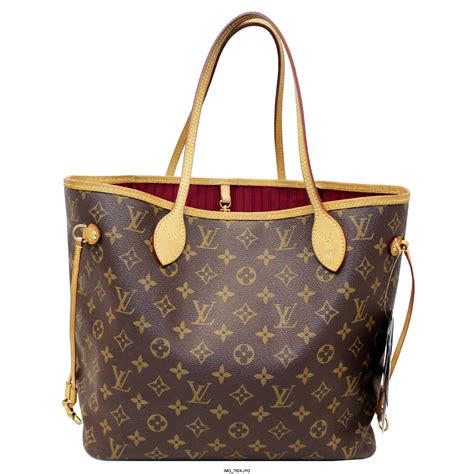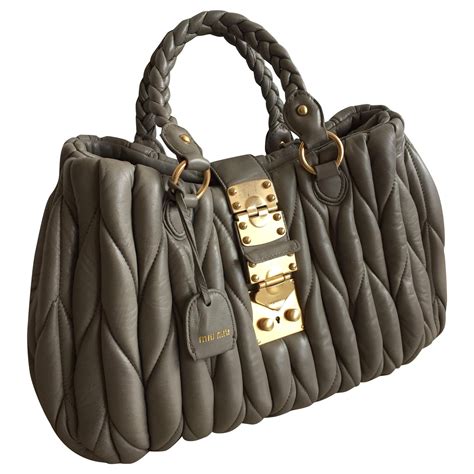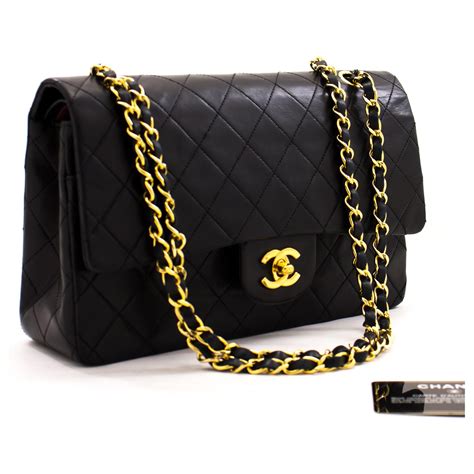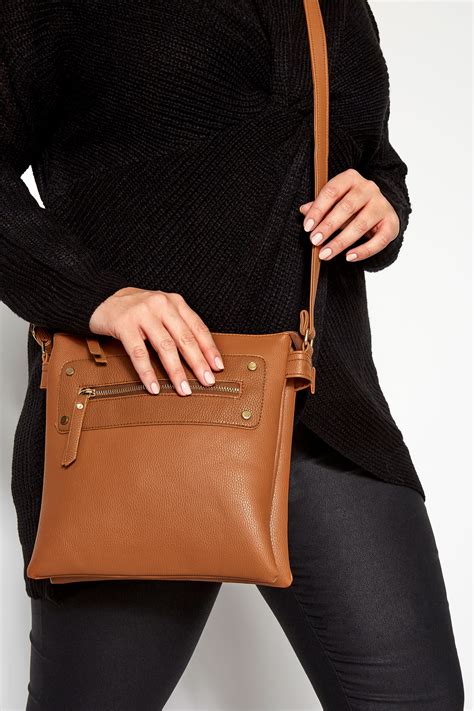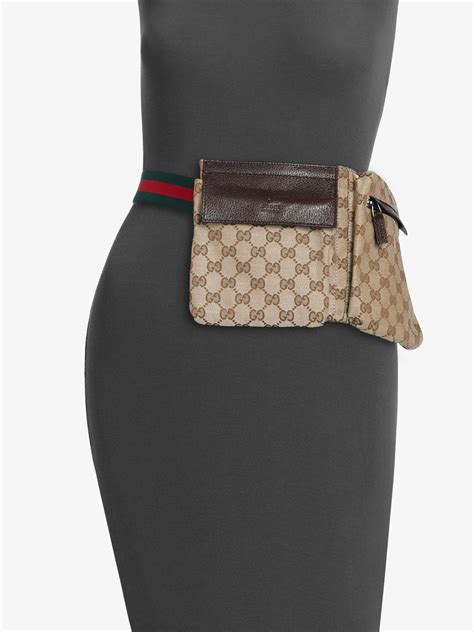video niko pandetta pistole nella prada | Pistole Nella Prada by Niko Pandetta from Italy
$124.00
In stock
Niko Pandetta, a name synonymous with a raw and unfiltered depiction of life in the marginalized areas of Italy, has consistently pushed boundaries with his music. His track "Pistole Nella Prada" (Guns in Prada), featuring Tempoxso and Janax, is no exception. Released in 2022 under N.P. Production and distributed by ADA Music, the song quickly garnered attention, both positive and negative, for its explicit lyrics, its catchy beat, and its unapologetic portrayal of a lifestyle often associated with organized crime. This article delves into the song itself, its cultural context, the artist behind it, and the broader debate surrounding the glamorization (or realistic depiction, depending on perspective) of violence in contemporary Italian music.
"Pistole Nella Prada" isn't merely a song; it's a statement. It's a window into a world where luxury brands and criminal activity coexist, a world where the aspirational desire for wealth and status is intertwined with the harsh realities of street life. The title itself is a potent juxtaposition – the high-fashion elegance of Prada clashing with the brutal reality of firearms. This contrast is central to understanding the song's appeal and the controversy it sparks.
The Song: Lyrics, Music, and Productionvideo niko pandetta pistole nella prada
The lyrics of "Pistole Nella Prada" are a blend of boastful self-aggrandizement, explicit descriptions of violence, and references to the realities of life within a criminal underworld. While a full, verbatim transcription might be considered inappropriate for this context, the general themes are clear:
* Material Wealth and Status: The lyrics frequently reference luxury cars, designer clothing (Prada being the most prominent), and the acquisition of wealth as a symbol of success and power. This resonates with a broader cultural narrative that often equates material possessions with achievement, even if the means to acquire them are questionable.
* Violence and Power: The presence of "pistole" (guns) is not merely symbolic. The lyrics allude to the use of force, the assertion of dominance, and the constant threat of violence that permeates the environment the song depicts. This aspect is, understandably, the source of much criticism.
* Loyalty and Betrayal: The concept of loyalty within a tight-knit group is a recurring theme. The lyrics often warn against betrayal and highlight the importance of sticking with one's "brothers" in the face of adversity. This is a common trope in narratives centered around criminal organizations.
* The "Street Life" Narrative: The song paints a picture of a specific lifestyle – a life lived on the margins of society, where traditional rules and norms are often disregarded. It's a world where survival depends on quick thinking, resourcefulness, and a willingness to use any means necessary.
Musically, "Pistole Nella Prada" is characterized by a driving beat, a catchy melody, and the use of autotune, a common stylistic choice in contemporary Italian trap music. The contributions of Tempoxso and Janax add layers to the track, both in terms of vocal delivery and production elements. The song's production is slick and modern, designed to appeal to a young audience familiar with the sound of international trap and drill music.
The combination of these elements – the provocative lyrics, the infectious beat, and the high-quality production – contributed to the song's widespread popularity. It tapped into a specific cultural vein, resonating with listeners who identify with the struggles and aspirations depicted in the lyrics, or who are simply drawn to the raw energy and rebellious spirit of the music.
Niko Pandetta: The Artist Behind the Controversy
Niko Pandetta is a controversial figure in the Italian music scene. His connection to organized crime is well-documented, and his music often reflects this reality. He is the nephew of Salvatore "Turi" Cappello, a notorious mafia boss from Catania, Sicily. This familial connection has undeniably shaped his public image and fueled the controversy surrounding his work.
Pandetta's music is often seen as a reflection of his lived experiences. He doesn't shy away from depicting the realities of life in marginalized communities, including the violence, poverty, and lack of opportunity that can drive people towards criminal activity. While some critics accuse him of glorifying violence and romanticizing the mafia lifestyle, others argue that he is simply providing an unfiltered and honest portrayal of a reality that is often ignored or misunderstood.
His artistic choices, including his lyrical content and his public persona, are undoubtedly provocative. He often uses social media to engage with his fans and to promote his music, further amplifying his controversial image. He has been the subject of numerous debates and criticisms, particularly regarding the potential influence of his music on young people.
However, Pandetta also has a strong following. Many of his fans appreciate his authenticity and his willingness to speak truth to power. They see him as a voice for the voiceless, a representative of those who are often marginalized and ignored by mainstream society. They admire his resilience and his ability to overcome adversity.
Cultural Context: The Italian Trap Scene and the Mafia Narrative
"Pistole Nella Prada" exists within a broader cultural context: the flourishing Italian trap music scene and the enduring fascination with the mafia narrative.
Additional information
| Dimensions | 5.1 × 1.5 × 2.7 in |
|---|

